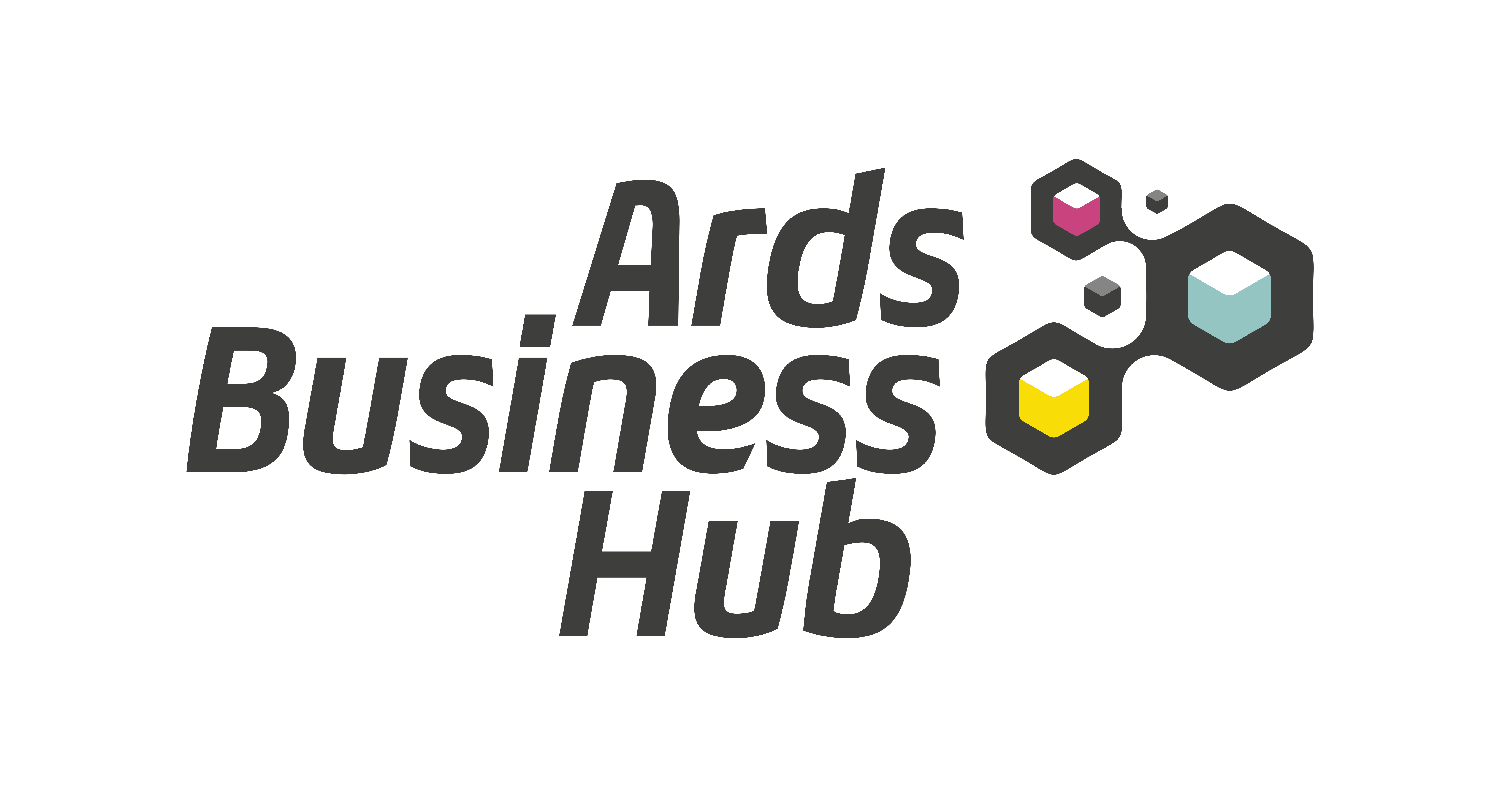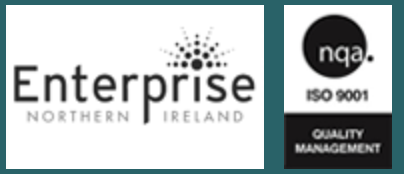Financing Your Business
The next part of the process is financing your business. You have now got the perfect business idea and completed your market research but may be concerned about how you are going to afford the start-up costs, or if the business will make enough money to be profitable. This blog will help address these concerns / worries.
How much money do you need?
To work this out you will need to forecast your sales and expenditure, and what your monthly cash position will be, ensuring capital costs i.e., purchasing equipment are included. When forecasting monthly sales, you need to BE REALISTIC. Sales may be lower than you hope, getting paid may take longer or costs may be higher. Your business may spend more than it earns for 2 or 3 years. The amount of financing you need may continue to increase long after you breakeven.
For most businesses finances is required at the start of operations but for others e.g., toy manufacturers or ice cream shops, this be as result of lower levels due to seasonal variances.
It is important when calculating how much finance is required to fund the business that you allow for contingency funding. Thinking of the worst-case scenario is the best option here, as gloomy as it seems! For example, a product launch might be delayed, or you could lose your best customer. In addition to this, it is important that you arrange all your financing at the same time, in advance. You must not wait until your need for extra funds becomes urgent.
How will I raise the money?
There are many options currently available which you can use to form the basis of your start-up finance.
- High Street Banks/Building Society
- Own Investment
- Family Investment
- Overdrafts
- Grants
- Enterprise Northern Ireland
- Start-up loans
- Competitions
- Business Angels
The main question you need to be asking yourself now is ‘Which is right for me?’
Cost and convenience aren’t the only factors when seeking funding for your business. Consider how each solution will fit into your long-term goals and weigh up the risks of each one too.
Your main choice is whether to borrow or seek investment. Borrowing means you retain a full stake in the business, but repayments can be an ongoing burden that may slow your growth. Conversely, investment delivers a cash injection that you do not have to repay, so growth may proceed more quickly – but you’ll have to share that growth with your shareholders. We would advise you to seek independent financial advice from an Accountant.
If you require support raising finance for your business, you will require a business plan so, get in touch by contacting one of our team at Ards Business Hub.





